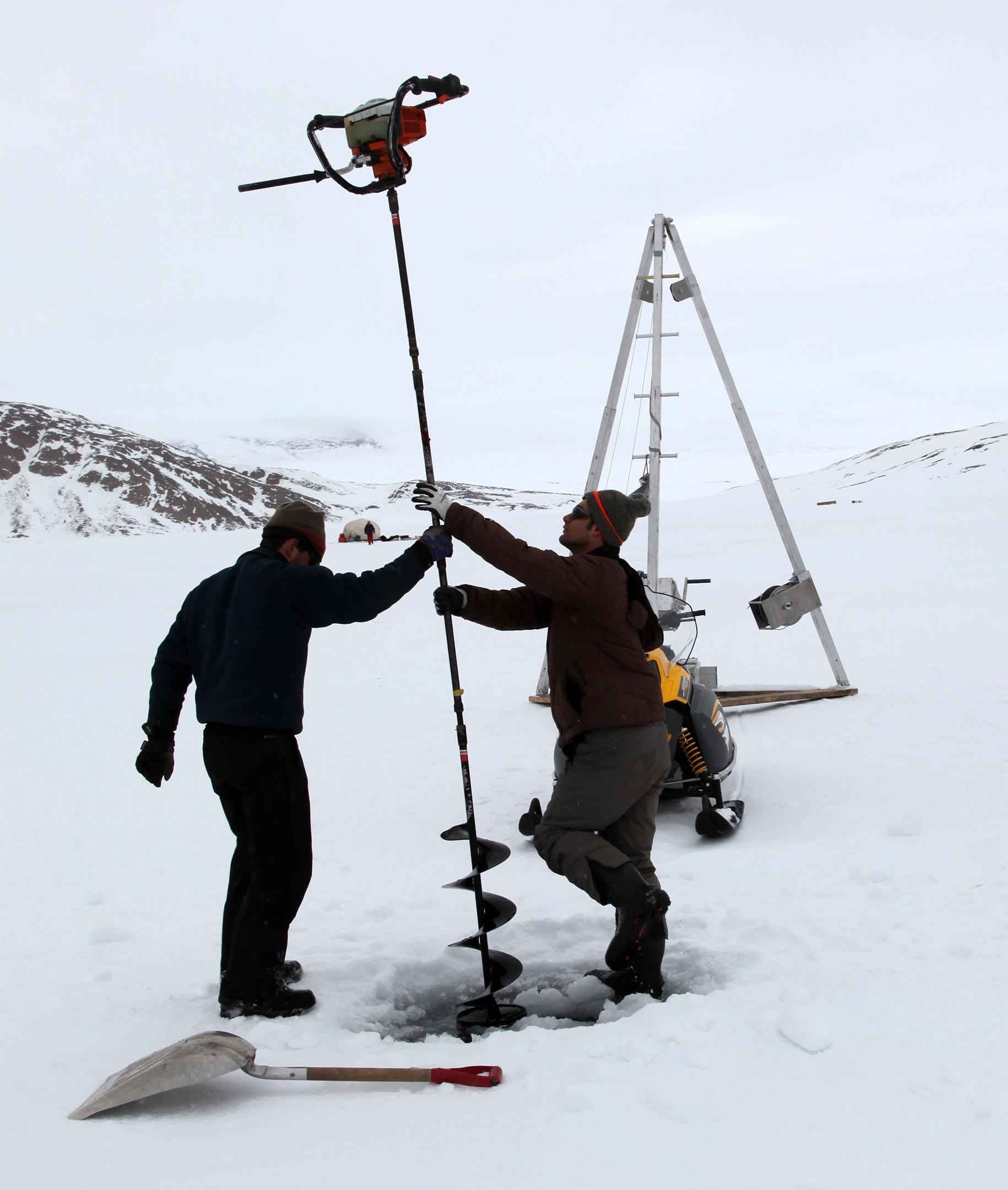Depression hurts. And while this mental illness is often paired with emotional pain, such as feelings of sadness, crying, and hopelessness, investigations shows that depression can also manifest as physical pain.
While we don’t usually think of depression as physical pain, some cultures do – especially cultures where it is “taboo” to speak openly about mental health.
For example, depression is considered a myth in Chinese and Korean cultures. Therefore, patients who are unaware that physical pain may be a sign of psychological distress go to doctors to treat their physical symptoms rather than to identify depression.
But keeping these physical symptoms in mind is just as important as the emotional effects.
First, it’s a great way to keep your body and mind in check. As a depressive episode is about to begin, physical symptoms may arise or give you a clue as to whether you are experiencing depression. On the other hand, physical symptoms suggest that depression is actually very real and can be detrimental to our overall well-being.
Here are seven of the most common physical symptoms of depression:
1. Fatigue or Permanent Weakness
Fatigue is a common symptom of depression. Sometimes we all experience weakness and may feel sluggish in the morning, hoping to stay in bed and watch TV instead of going to work. While I believe that frequent burnout is caused by stress, depression can also cause fatigue. However, unlike daily fatigue, depression-related fatigue can also cause concentration problems, feelings of irritability and apathy.
Boston’s Massachusetts General Hospital Clinical Research Program Director Dr. Maurizio FavaTrusted Source points out that depressed individuals often experience a complete sleepless sleep, meaning they feel sluggish even after a full night’s rest.
However, it can be difficult to understand whether exhaustion is associated with depression, as many physical illnesses such as infections and viruses can also cause fatigue.
One way to say it: While daily fatigue is a sign of this mental illness, other symptoms such as sadness, feeling hopeless, and anhedonia (lack of pleasure in daily activities) may also be present when you are depressed.
2.Decreased Pain Tolerance
Do you feel like your nerves are burning and still can’t find any physical cause for your pain? As a result, depression and pain often coexist.
A 2015 study found a significant link between those who were depressed and decreased pain tolerance, while another study in 2010 showed that pain had a greater effect on people who were depressed. These two symptoms do not have a clear cause and effect relationship, but it’s important to consider them together, especially if your doctor recommends medication.
3.Back Pain and Common Muscle Pain
You can feel good in the morning, whenever you go to work or sit at the school desk, your back starts to hurt? It can be stress or depression. Although they are often associated with poor posture or injuries, back pain can also be a sign of psychological distress. The 2017 research study Trusted 1,013 Canadian college students found a direct association between depression and back pain.
4. Headache
Almost everyone has a headache from time to time. It’s so common that we usually consider them nothing serious. Stressful work situations, conflict with a coworker, etc. can even trigger these headaches. However, headaches may not always be triggered by stress. If you notice a transition to headache every day, it could be a sign of depression. Unlike intrusive migraine headaches, depression-related headaches do not necessarily impair a person’s functioning. Described as “tension headaches” by the National Headache Foundation, this type of headache can feel like a slight throbbing sensation, especially around the eyebrows. While over-the-counter pain medications can help with these headaches, they often recur regularly. Sometimes chronic tension headaches can be a symptom of major depressive disorder.
5. Eye problems or decreased vision
Do you think the world looks blurry? While depression can make the world look gray and bleak, a 2010 research study conducted in Germany suggests that this mental health problem may actually affect one’s vision.
6. Pain or discomfort in the abdominal area
This stinging sensation in your stomach is one of the most recognizable symptoms of depression. However, if your stomach cramps when it starts, it’s easy to call it gas or menstrual pain. Pain that gets worse, especially when stress occurs, can be a sign of depression. In fact, Harvard Medical School researchers suggest that stomach upset such as cramping, bloating and nausea may be a sign of poor mental health.
7.Digestion problems or irregular bowels
Digestive issues such as constipation and diarrhea can be embarrassing and uncomfortable. Often caused by food poisoning or gastrointestinal viruses, it is easy to assume that the intestinal upset is caused by a physical illness. However, emotions such as sadness, anxiety and depression can disrupt our digestive tract. A 2011 study suggests a link between anxiety, depression, and gastrointestinal pain.



